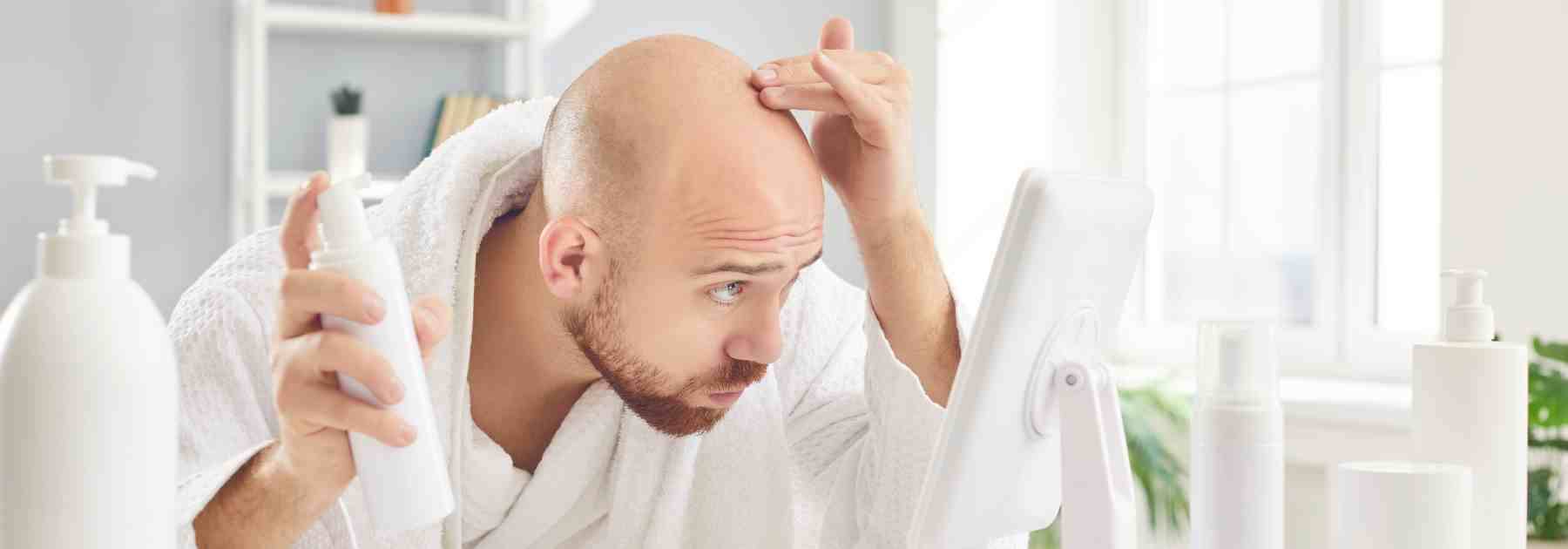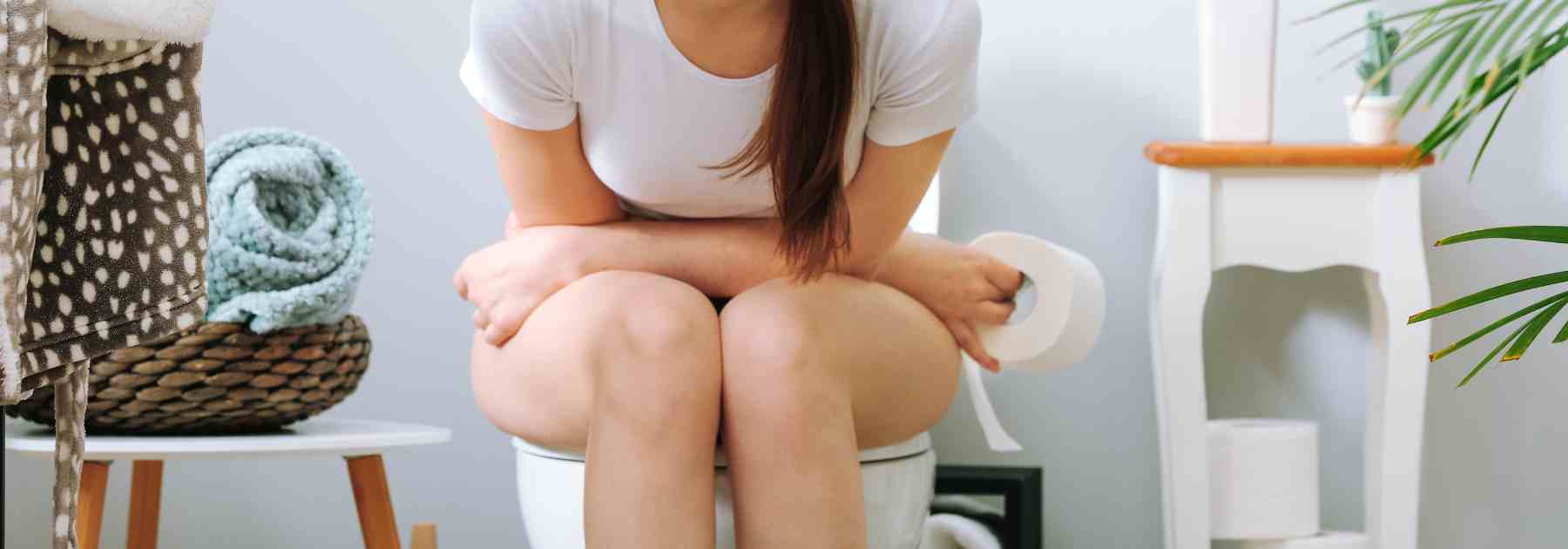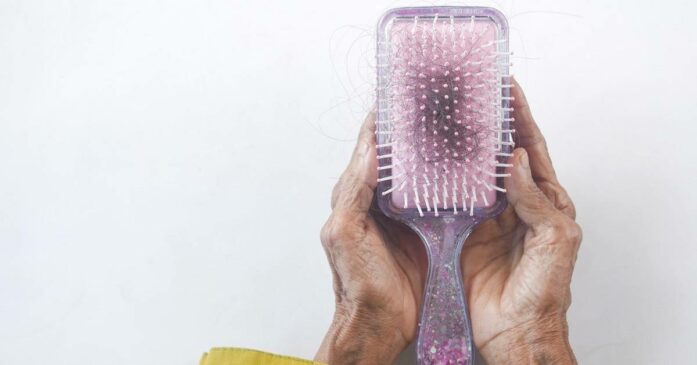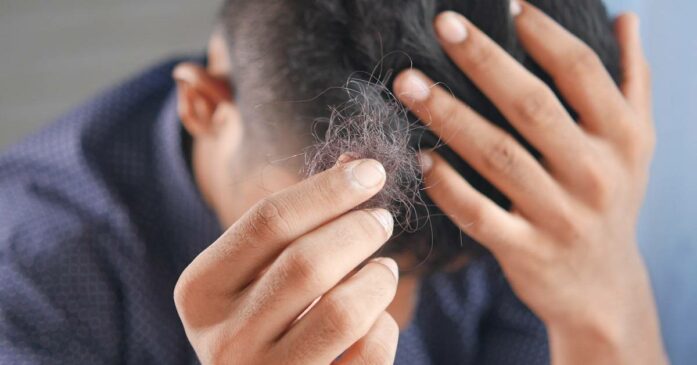Hair loss can be a frustrating and emotional experience, affecting confidence and self-esteem. For those exploring treatments, finasteride for hair loss is often recommended as one of the most effective options available. But what kind of results can you realistically expect from this treatment, and how long will it take to see progress? In this article, we’ll delve into how finasteride works, the typical timeline for results, and what you need to know to set realistic expectations.
How Does Finasteride Work for Hair Loss?
Finasteride, often sold under the brand name Propecia, is an oral medication primarily used to treat androgenetic alopecia, or male pattern hair loss. It works by inhibiting the enzyme 5-alpha reductase, which converts testosterone into dihydrotestosterone (DHT). DHT is the hormone responsible for shrinking hair follicles, leading to hair thinning and eventual hair loss.
By lowering DHT levels in the scalp, finasteride helps slow the progression of hair loss and can even stimulate regrowth in areas of thinning. While it’s most commonly prescribed for men, it may also be used off-label for women experiencing hair loss due to elevated androgen levels, under medical supervision.
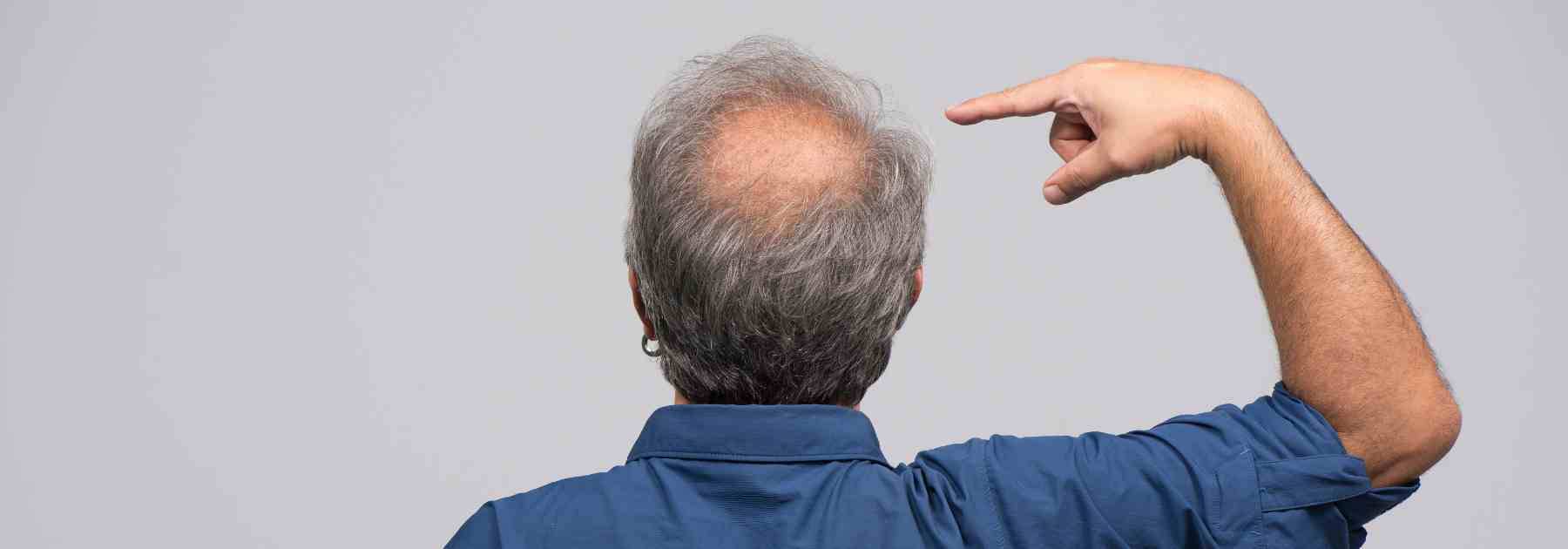
What Results Should You Expect from Finasteride?
1. Slowing Hair Loss
One of the primary benefits of finasteride is its ability to slow or stop the progression of hair loss. Clinical studies show that up to 90% of men using finasteride experience a reduction in hair loss after consistent use. This makes it particularly effective for individuals in the early stages of hair thinning.
2. Regrowth of Thinning Hair
In addition to slowing hair loss, finasteride can promote regrowth in areas where hair is thinning. While it may not fully restore hair in completely bald areas, many users report thicker and healthier hair within previously thinning regions, particularly on the crown and mid-scalp.
3. Improved Hair Density
Finasteride helps to improve overall hair density, making the hair appear fuller and more robust. Users often notice a reduction in the size of their parting or a decrease in scalp visibility through the hair.
Timeline for Results
Finasteride is not a quick fix for hair loss, and patience is essential. Here’s what you can expect during the typical treatment timeline:
First 3 Months
During the first three months, you may not notice significant changes. In some cases, users experience initial shedding as weaker hairs fall out to make way for stronger, healthier growth. This is a normal part of the process and should not be cause for concern.
3 to 6 Months
By the three-to-six-month mark, you may begin to notice a reduction in hair shedding and slight improvements in the thickness and health of your existing hair.
6 to 12 Months
Significant improvements in hair density and regrowth typically become visible within six to twelve months of consistent use. At this stage, most users see stabilised hair loss and increased coverage in thinning areas.
After 12 Months:
After a year, the full benefits of finasteride should be apparent. Continued use is necessary to maintain these results, as stopping treatment will cause hair loss to resume.
Factors That Influence Results
While finasteride is highly effective for many, individual results can vary based on several factors:
Stage of Hair Loss: Finasteride is most effective for those in the early to moderate stages of androgenetic alopecia. It may not work as well for areas that are completely bald.
Consistency: Regular, daily use is essential to achieve and maintain results. Skipping doses can reduce effectiveness.
Age: Younger individuals or those who start treatment early in the hair loss process tend to see better outcomes.
Genetics: Some individuals respond more favourably to finasteride based on their genetic predisposition to hair loss.
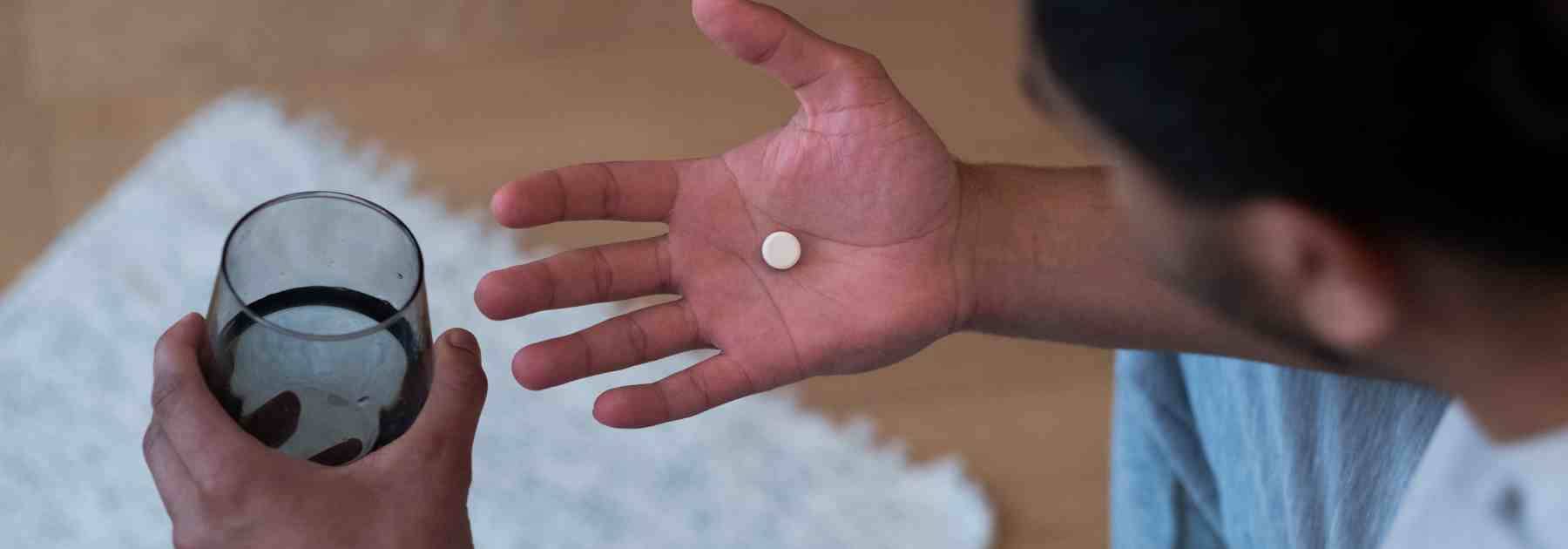
Managing Expectations
While finasteride offers significant benefits for hair loss, it’s important to set realistic expectations:
Not a Miracle Cure: Finasteride works to slow hair loss and encourage regrowth but is unlikely to completely restore a full head of hair in advanced cases.
Continued Use Is Necessary: The effects of finasteride are only maintained while you’re taking it. Stopping treatment will likely lead to resumed hair loss within months.
Side Effects Are Possible: Some users may experience side effects such as reduced libido or mild hormonal changes. If side effects occur, consult your healthcare provider to discuss alternatives or adjustments.
Maximising Your Results with Finasteride
To get the best results from finasteride for hair loss, consider combining it with complementary treatments such as minoxidil, hair-thickening shampoos, or professional therapies like PRP (Platelet-Rich Plasma). Additionally, maintaining a healthy diet and managing stress can support overall hair health.
Final Thoughts
Finasteride is a proven and effective treatment for slowing hair loss, promoting regrowth, and improving hair density. While results take time and consistency, many users experience significant improvements that restore confidence and self-esteem. If you’re considering finasteride, consult a healthcare professional to determine if it’s the right option for you.
At Halo Health, we’re here to guide you on your hair restoration journey with expert advice and personalised support. Take the first step towards reclaiming your hair and contact us today to learn more about finasteride and other hair loss solutions.
This blog was written on behalf of Halo Health by Pharmacy Mentor.

